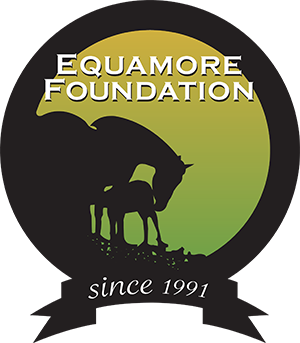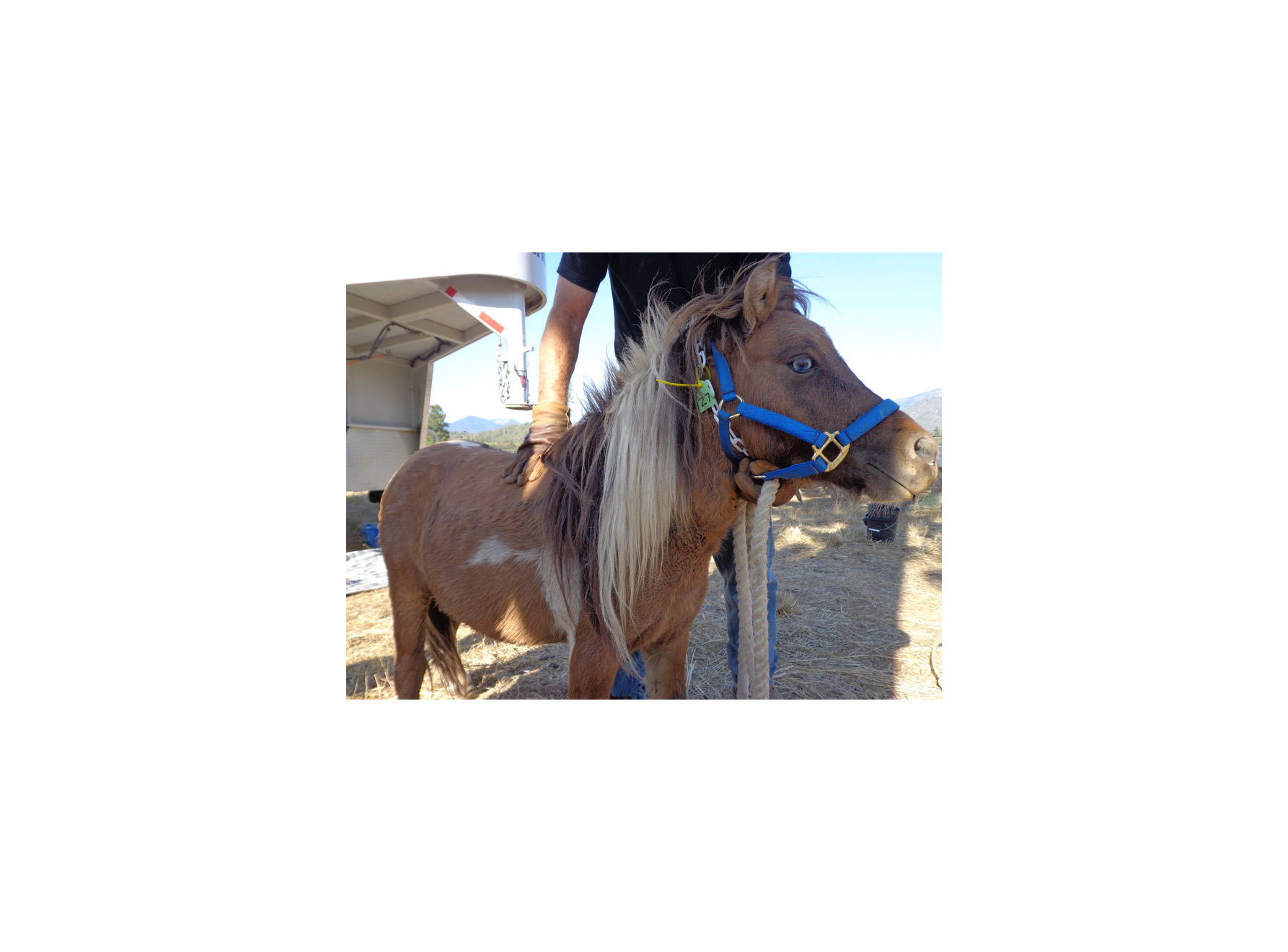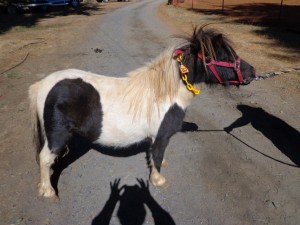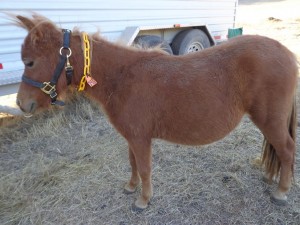In his National Book Award winning novel All the Pretty Horses author Cormac McCarthy includes vivid and moving descriptions, such as this:“he was among the horses running and in
the dream he himself could run with the horses and they coursed the young mares and fillies over the plain where their rich bay and their rich chestnut colors shone in the sun and the young colts ran with their dams and trampled down the flowers in a haze of pollen that hung in the sun like powdered gold…”
Southern Oregon’s Josephine County is horse country, and what is currently happening there bears no resemblance to McCarthy’s idealized image of his subject. On September 14th, 257 animals were seized near the town of Cave Junction from an alleged animal hoarder.
The seized animals, most starving, some diseased, all of them suffering and living in filth, included 174 miniature horses, along with a few miniature donkeys and full size horses, cattle, chickens, a peacock, goats, cats and dogs. The precise count of animals continually changes, because, since the seizure, a horse, chicken and puppy have died, while several miniature horses and puppies have been born.
According to Leah Harper, Josephine County’s assistant legal counsel, “The animals were in various states of abuse and neglect. All of the large animals showed physical signs of long-term neglect, including lack of dental care and hoof care, and all had parasites. The dogs were underweight with low muscle mass so their bones protruded, and were ravenously hungry and infested with fleas.”
Animal hoarding is generally believed to be a mental disorder, possibly a form of addiction or dementia. Apparently hoarders feel compelled to acquire and control animals, but seldom if ever realize that they’re incapable of providing adequate care for them.
The alleged animal hoarder, who was convicted of first-degree animal abuse in August, 2009, is scheduled to appear on the new charge on November 19. The cost of caring for rescued animals is known to be a deterrent to prosecuting such cases, and may explain why the hoarder, whose “ranch” has been visited many times in the past by various local officials, has only been formally charged twice.
The Grants Pass Daily Courierreported in early November that the county had already spent
about $300,000 on the rescued animals. According to Chief Financial Officer Rosemary Padgett, until the county secures liens against the hoarder’s property, the money will come from the county’s general fund.
At 10 a.m. Saturday, December 8, all of the seized miniature horses – popularly known as “minis” – will be offered at public auction at the Josephine County Fairgrounds. Understandably, county officials see selling off the minis as a logical way to recoup incurred expenses. But people who know horses see serious flaws in the logic.
Perhaps the most obvious potential problem results from simple genetics. As their name should make clear, miniature horses are real horses that happen to be small, measuring only 34 to 38 inches at the withers. Because they are sociable and interact well with humans, they are sometimes trained as service animals for people with disabilities. Their small size combined with their genial dispositions also makes them popular pets, and the unfortunate result is that they are often treated more like dogs or cats than what they are. But they remain horses, and require essentially the same care as Arabs or Appaloosas.
Linda Davis-Jones is executive director of Equamore Foundation, an Ashland, Oregon farm-sanctuary dedicated to providing “a safety net for unwanted, abused, abandoned, neglected, and aged horses who are without alternatives for their care.” She has known and loved horses all her life, and has serious concerns regarding the December 8 auction.
“There are definitely problems,” she says. “The homes and facilities of the buyers can’t be checked out and there aren’t adequate controls or follow-ups. Some of the animals could end up right back where they came from. Some could easily go to people who don’t know anything about caring for horses but think minis are cute. Three of the rescued donkeys are inseparable but they could be auctioned off to different people. Re-homing would be preferable to a one-day auction, and we’re working on that. So far sanctuaries here and in California have committed to finding homes for thirty-two of the minis. At Equamore we’re committed to five. We’ll keep working.”
All these rescued minis may never appear in a Cormac McCarthy novel, but they surely deserve to live out their years like real and healthy horses.
For information contact the Equamore Foundation: 4723 HWY 66, Ashland, OR 97520; phone: (541) 482-5550; email: equamore@charter.net, web:www.equamore.org.
Article by: Michael Baughman













